Taking on Nestle: grassroots movement fights water extraction giant in Southern Ontario

Taking on Nestle:
How a grassroots movement in small-town Ontario
is fighting a water extraction giant
The first thing Donna McCaw heard from her neighbours when she began speaking out against the opening of a newly proposed Nestle-owned well alongside a small number of vocal community members was “you guys are crazy.” She now more frequently hears the phrase “I think you guys might actually win this thing.”
This David and Goliath story takes place in Wellington County, which is about 100km west of Toronto and is comprised of the city of Guelph and a large area of towns and farmlands, mostly north of the city. Elora is one of these towns. The picturesque community is home to the Elora Gorge, a popular geological tourist attraction and its culture is intrinsically tied to the Grand River, which runs straight through the town.
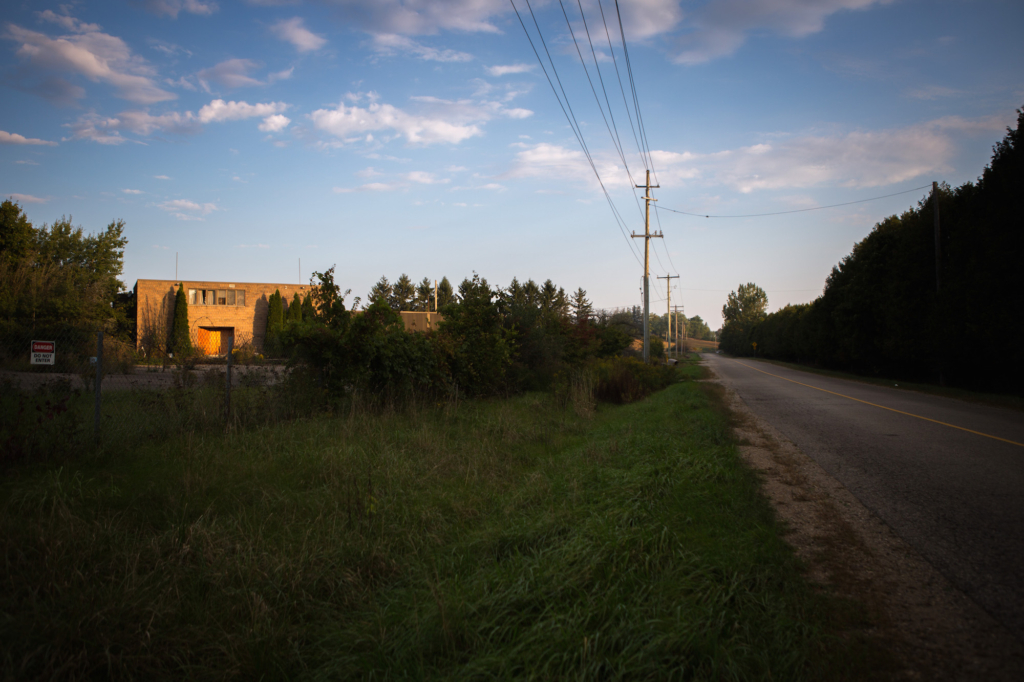
Below: The Grand River.
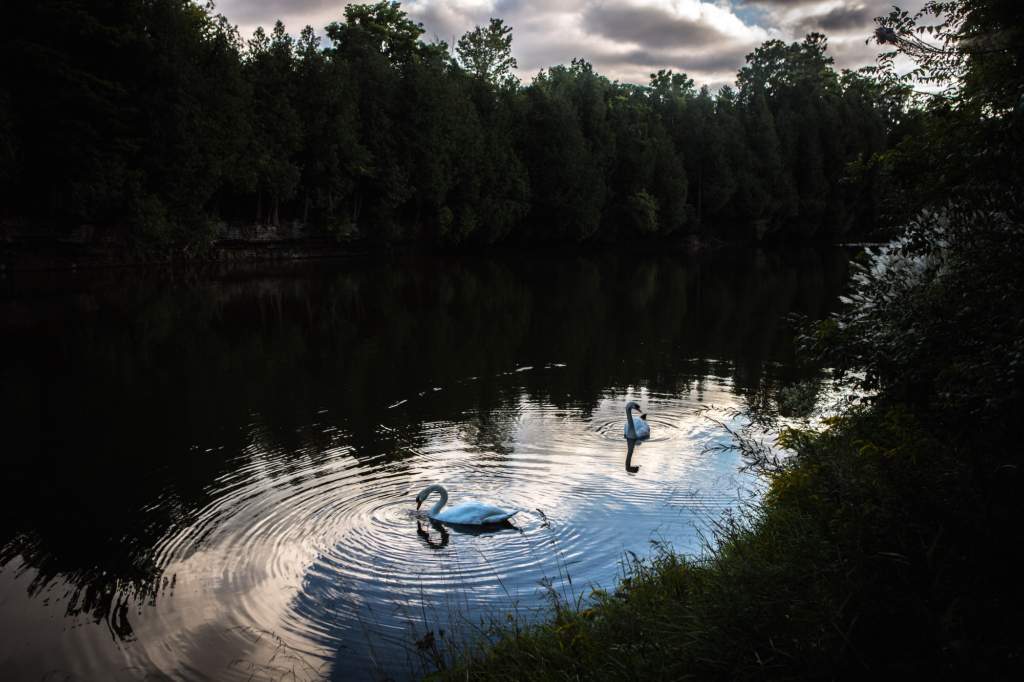
Elora is also home to the Middlebrook well, a well that pulls water from the Grand River watershed. The well was purchased by Nestle Waters Canada in a private sale in 2016.
When the public caught wind of the sale, members of the community began to organize through a series of public meetings which culminated in the creation of the organization Save Our Water.
Donna McCaw, a founding member of Save Our Water said that the group of volunteers has received a groundswell of support from the community, but it was not easy to get the public onboard.
“In the beginning all we heard was people saying ‘are you people crazy? This will mean economic development for the township. When people heard the name Nestle they immediately assumed this well would create thousands and thousands of jobs. It was important to show examples of other communities that have kept Nestle out and why they had done so. In most cases, ours included, the promise of long-term economic growth is seriously overstated.”
There has been a provincial moratorium on water extraction at the Middlebrook well since its purchase by Nestle, but that moratorium is set to expire by the end of 2019.

Below: Geological surveys, pictured below, have been studied and submitted by Save Our Water in their case against Nestle.

Despite a moratorium on their most recently purchased well in the area, Nestle has a strong presence in Wellington County. Nestle Waters Canada is currently headquartered in Guelph and the water extraction company is already operating two wells in the county. The Aberfoyle well can extract 3.6 million litres of water per day, and the well in nearby Hillsburgh can extract 1.1 million litres of water per day.
The Middlebrook well is proposed to pull 1.6 million additional litres of water per day, which would bring the total amount of groundwater extracted in the county for the purpose of bottling to 6.3 million litres every day.
Many residents of Wellington County worry that this amount of disruption of the area’s groundwater will cause long-term water shortages and destabilize the already fragile Grand River.

“Save Our Water paid to have an independent geological water study conducted to examine the state of our groundwater,” said Jan Beveridge, a founding member of the organization. “There is a bit of a myth in Canada that we have a vast abundance of water, and that was certainly the case in Wellington County when we began this fight as well. We have a lot of surface water, and because of that, people believe that we have a lot of groundwater, but we found that really we don’t have that much.”


Beveridge said the thing that most concerns her is the age of the groundwater that Nestle is hoping to extract. “We found that most of our groundwater is hundreds of years old, some of it up to 500 years old. This means that it can take centuries for that groundwater to replenish after it’s been extracted. The provincial government water budgets, which examine how much water is coming in and out of our system, measures impact for only 20 years. The First Nations people whom we’ve been fighting alongside for the past few years say that we should be planning for at least seven generations into the future. The government bodies are planning for one generation. To me, that is extremely short-sighted.”
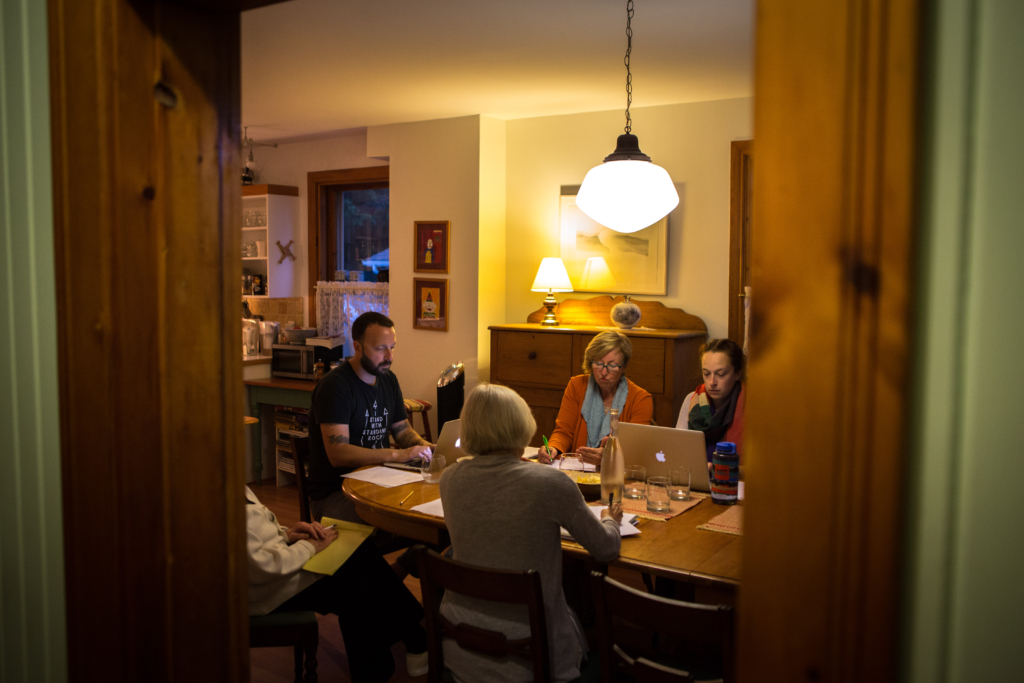
Beveridge said there are multiple other factors that affect the rejuvenation of groundwater that the public often does not take into consideration, including climate change and infrastructure development.
Among other things, because of its existing access to a public sewage and water treatment system, Elora has been designated a “population growth zone” by the provincial government.
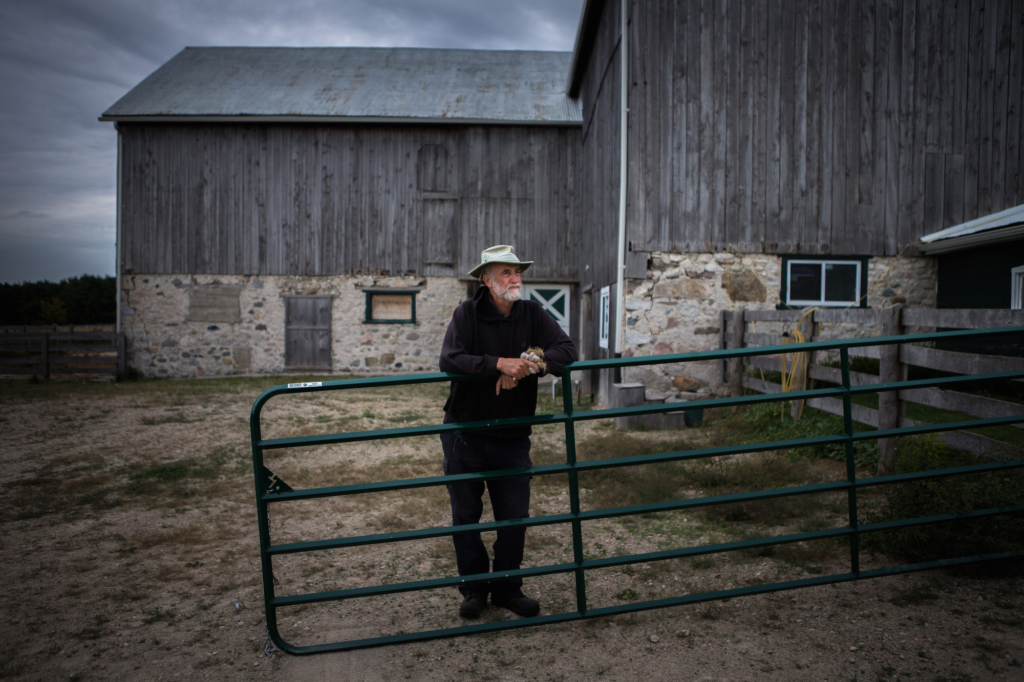
“The amount of surface area that is paved and developed has a major effect on the ability of surface water to seep into the ground and replenish our groundwater,” said Beveridge. “With Elora being on the edge of the Green Belt, and designated as a growth zone by the province, we’re expected to double in size over the next few decades. If these projections are realized, it will take much longer than 500 years for that 500-year-old water source to replenish itself. That’s not even to mention the effects that a warming planet will have on water system.”
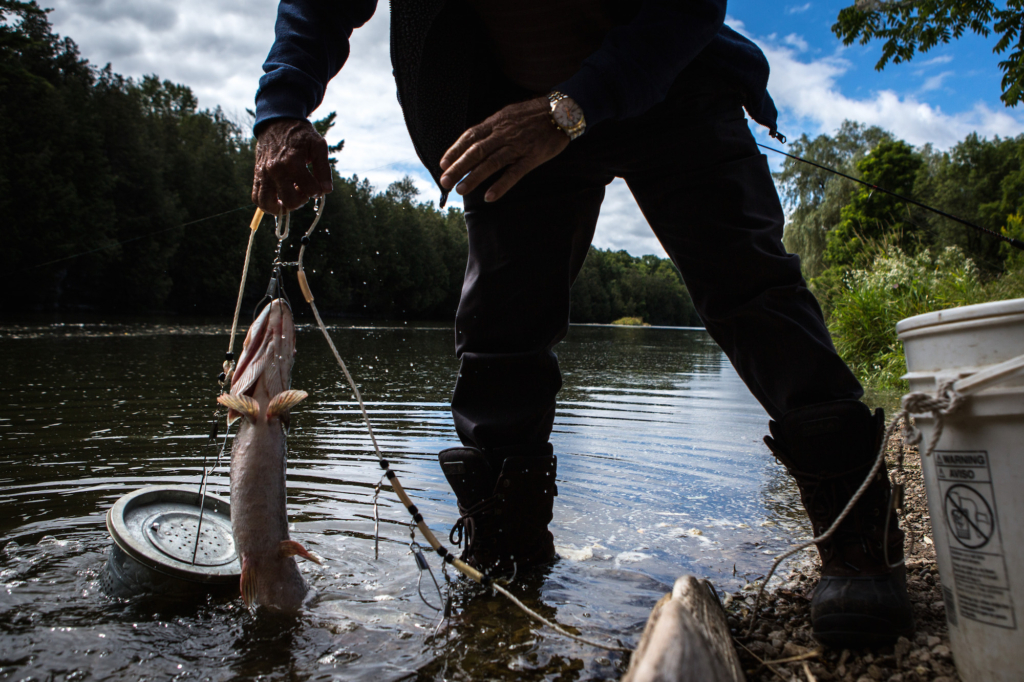
The community expects that an announcement will be made regarding a decision on the provincial moratorium before the end of 2019.
Despite the strides made and the change in public attitude, McCaw sometimes worries that her days in Elora could be numbered.
“I don’t know if I could continue to live here if Nestle were allowed to take this water,” said McCaw, who lives on the banks of the Grand River. “Every day I would look out at the water and it would be a reminder of the injustice in my community. I just don’t know if my heart could handle that.”
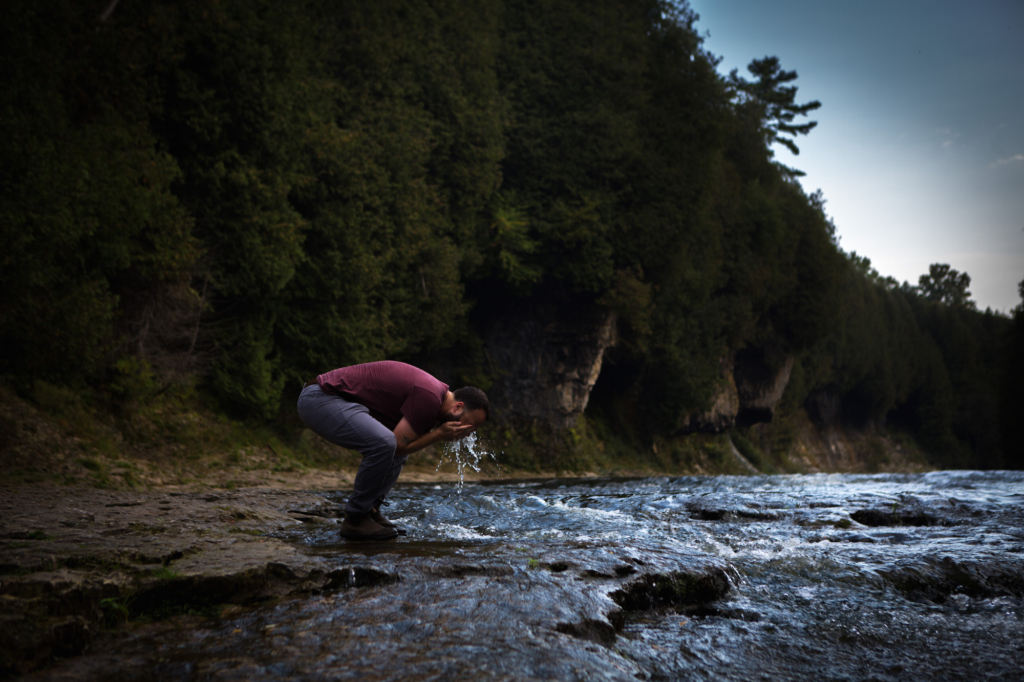



Important ruling in Michigan about Nestle
https://www.theguardian.com/business/2019/dec/05/nestle-bottled-water-michigan-osceola-private-public